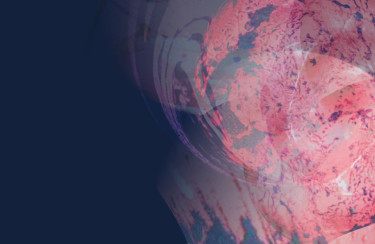
Browse
Secrets We Keep
Secrets We Keep
It’s Australia’s biggest corruption scandal: $300 million funnelled to a notorious dictator via dodgy wheat contracts in the lead up to the Iraq War. Award-winning journalist Richard Baker takes you inside the scandal, with the help of
More
Season 3

Introducing Baghdad Nights
It’s Australia’s biggest corruption scandal: $300 million funnelled to a notorious dictator via dodgy wheat contracts in the lead up to the Iraq War. Award-winning journalist Richard Baker takes you inside the scandal, with the help of three wheat salesmen caught in the middle of extraordinary world events. Were they cowboys who pocketed millions for their company? Scapegoats for a government stuff up? Or something in between... Secrets We Keep: Baghdad Nights launches August 6.
Introducing Baghdad Nights
It’s Australia’s biggest corruption scandal: $300 million funnelled to a notorious dictator via dodgy wheat contracts in the lead up to the Iraq War. Award-winning journalist Richard Baker takes you inside the scandal, with the help of three wheat salesmen caught in the middle of extraordinary world events. Were they cowboys who pocketed millions for their company? Scapegoats for a government stuff up? Or something in between... Secrets We Keep: Baghdad Nights launches August 6.
03:46
25 Jul 24
Season 2
Season 1


